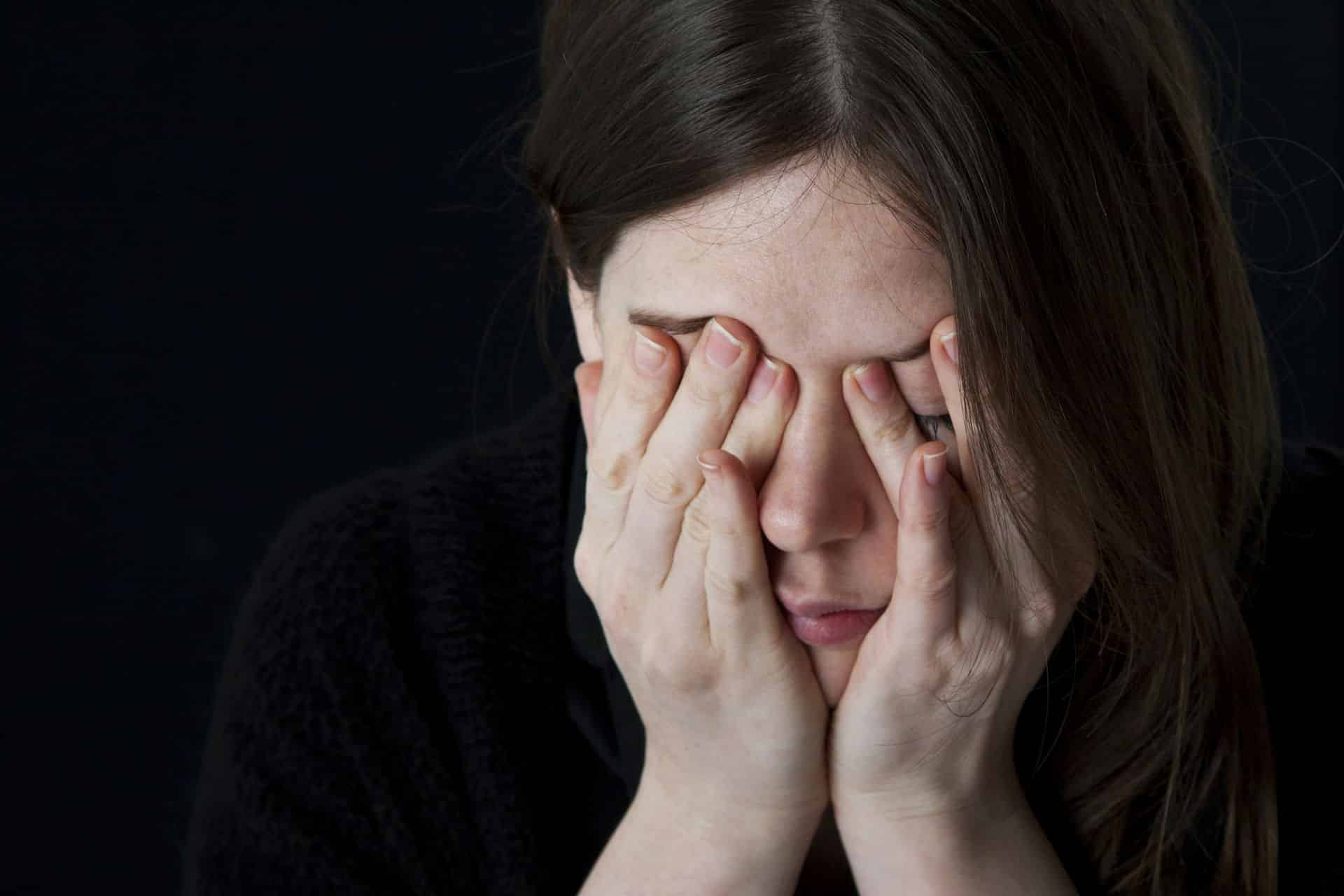The National Alliance on Mental Illnesses “You are Not Alone” campaign for Mental Health Awareness month stresses the importance of community and connection when it comes to caring for mental health. Now more than ever it is crucial to connect with the people close to you and utilize the digital tools at hand. In a climate of social distancing, human connection is important for mental health.
Mental Health America found that 71% of people turn to family or friends when they feel stressed.[1] Humans have a natural need for social connection and like feeling valued, cared for, and supported by others. Numerous studies demonstrate both the risks of social isolation and loneliness on mental health as well as the dire importance of human connection. Although it’s widely known that support groups play an integral role in supporting people with mental illness, let’s take a look at exactly why this human connection is so important – and what you can do to stay connected.
The Risks of Social Isolation and Loneliness
Social connection is known to improve both psychological and physical well-being. For example, one shocking study found that a lack of social connection is a greater risk to health than obesity, smoking, and high blood pressure. Furthermore, people who experience frequent loneliness have higher rates of an array of devastating health issues, including:[2]
- Mortality
- Morbidity
- Infection
- Cognitive decline
- Inflammation
- Cardiovascular disease
Certain indicators that increase perceived loneliness, which in turn worsen health, include living alone, feeling lonely or like you have a lack of social support, little to no participation in social activities, and having a small social network. Conversely, all of these factors are things that help improve mental health and symptoms of mental illness.
In addition to the physical health risks that disconnection has, there are serious mental health risks associated with social isolation and loneliness. Reactive, short-term loneliness, which often comes after the death of a loved one or relationship, is painful and it’s something that everyone experiences from time to time. However, chronic, long-term social isolation is torturous and leads to staggering rates of anxiety and depression.[3] Lack of social connection is also linked to low self-esteem, higher suicide rates, and antisocial behaviors.
Moreover, people with existing mental health conditions are more likely than others to experience perceived isolation and loneliness. Oftentimes, this comes as a result of mental health stigmas or lack of proper social support.
The Benefits of Social Connection on Mental Health
Social connectedness has immense benefits on mental health and lessening existing symptoms of mental illness. Amid a climate of social distancing, this is why Mental Health Awareness Month is focusing on combating loneliness by spreading awareness and breaking the stigma.
As social beings, humans thrive in a supportive community. The National Alliance on Mental Illness identifies three beneficial elements that having a community provides:[4]
- Belonging – Having a sense of community helps people be their true selves while embracing their most positive qualities.
- Support – When you’re feeling down or struggling with something, having somebody to call and talk to can help you work through your emotions and make you feel safe.
- Purpose – In communities, people not only gain support, but they give it as well. Helping others will help give your life meaning and purpose.
While a lack of connection is linked to a general decline in physical and psychological health, the opposite is true for enhanced social connectedness. For example, Psychology Today explains that “social connectedness…generates a positive feedback loop of social, emotional, and physical well-being.”[5] Ultimately, people who are connected with friends, family, support groups, and their community usually:
- Have lower rates of depression and anxiety
- Feel more empathetic towards others
- Have higher self-esteem
- Are more trusting towards others
- Exhibit less anti-social behavior
- Have lower rates of suicide and suicidal behaviors
It’s important to note that social distancing doesn’t mean social isolation. Therefore, it’s important to take advantage of the digital tools at your fingertips to spread awareness around mental illness and connect with your support group.
Create Connections to Support Your Mental Health
Whether you make an effort to call two people each day, join an online support group, or schedule a virtual coffee date with your support group, there are tons of ways to stay connected. It’s normal to feel a little anxious and stressed while social distancing, which is why social connectedness is more important than ever. At the same time, we shouldn’t forget why social connection is so important once things go back to normal. Instead, we have to constantly stay connected with our support groups, check on our loved ones, and reach out for help when struggling.
References:






